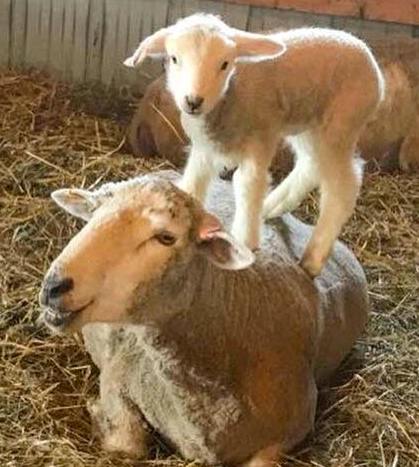
Of course, at events like this, the conversation will turn to the question of what you do for a living. Tonight, someone wondered why they should learn to knit or purchase locally made knitwear given the higher price point when there are so many cheap knitwear options on the market. Here are my thoughts...
1. Learning to knit has so many benefits. It keeps your mind active, helping to ward off what I'll call "aging brain syndrome". If you don't continue to learn and keep those brain cells active, they simply won't continue to work as well! It also helps to alleviate arthritis - keeping your hands in motion. It has been proven to reduce stress. Yes, you certainly can purchase a sweater for less than you can purchase the wool needed to make a lovely sweater. It's all about diving in and enjoying the creative process.
2. When you buy a locally-made sweater, you can learn about its "heritage". All of my knitwear and tartans are made from 100% Canadian wool. Why? Well, first and foremost, I want to support our hard-working Canadian farmers. I also can be assured of the welfare of the sheep who graciously provide us their wool. There are certain sheep farming practices that have been banned in North America that are still prevalent in other countries. I firmly believe that healthy and well-cared-for sheep will provide you with a much better quality of wool. And they are just so darned cute - how can you not want to make sure they lead a great life?
3. There are also serious environmental considerations. I choose to purchase wool that is dyed with environmentally friendly dyes and where wastewater from processing the wool is handled in a manner that is healthy for our water's ecosystem. I choose wool over man-made fibres which shed microfibres at each washing. These man-made microfibres are too small to be captured at water filtration plants and end up in our rivers and oceans, ultimately making their way into our food chain as they are discovered in our fish and other aquatic creatures. Another environmental consideration is one of logistics. What is the impact on our environment when we consume vast amounts of fuel shipping cheap sweaters made in factories in Bangladesh or Thailand? These clothes are not meant to be quality items - they are not made for longevity. The end result is that we find mounds and mounds of one-season clothing fabricated from man-made fibres in our landfills. This clothing is not biodegradable. It will still be in those landfills for future generations to "enjoy".
4. When you shop for locally made goods, you are supporting your local economy. You purchase a sweater from me. I purchase more wool from a local mill who sources their wool from local farmers. I'll celebrate a good month perhaps with an evening out, taking in a local theatre production and enjoying a lovely meal at a restaurant that sources its menu items from our local farmers and fishers. Local business owners - both small and large - contribute in so many ways: donations of items for fundraisers, volunteering time for local causes, donations of money to support food banks, cancer research, Anderson House....the list is endless.
5. Last but not least is the issue of human rights. Here in Canada, we fight for higher minimum wage, public safety, health care, comprehensive education. We have safety nets such as employment insurance, workers' compensation benefits for workplace injuries, child benefits. Granted, you will not be living a grand lifestyle but programs such as these provide some level of financial security when needed. What is offered to those workers in factories churning out our cheap garments? An unlivable wage, unhealthy and unsafe working conditions. Oftentimes, child labour is the norm. They have no human rights - those workers are barely even considered human.
Is that inexpensive garment - bought on an impulse because it was such a good deal even if you only wear it a couple of times - really worth the price?
(Photo credit - Fleece and Harmony Woolen Mill, Belfast PEI)


 RSS Feed
RSS Feed